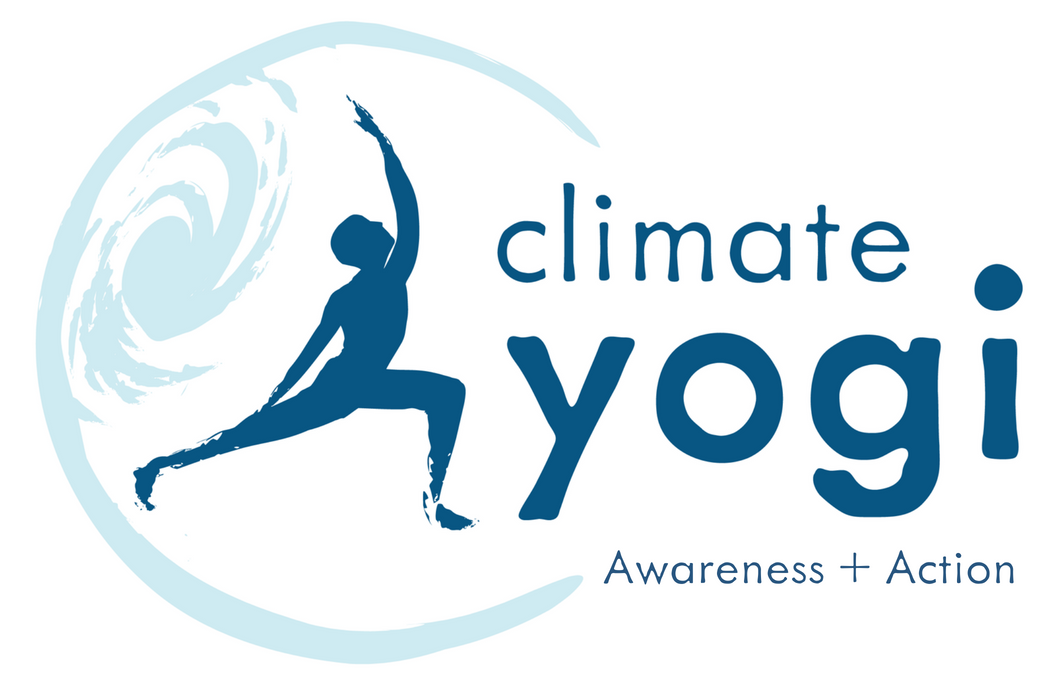What is the Real Climate Crisis?
What is the climate crisis, really? The crisis, I think, isn’t that greenhouse gas concentrations in the atmosphere are higher than at any time in previous human history and continuing to climb. The crisis isn’t fires in Australia, or California, or the Amazon, and it isn’t coastal flooding and the potential for sea levels to rise by several feet in the coming decades. These events are feedback to us from the Earth, telling us that change is needed.
The true climate crisis is that, faced with these devastating symptoms of global warming, and with clear and compelling science, too many people who are in positions of power, including government officials, politicians, corporate executives and investors, have thus far failed to take appropriate action consistent with science. Global warming is a consequence of poor choices and failure of leadership.
I think this is the reason that the message of young activist Greta Thunberg and many others in her generation is so compelling. They have received much criticism by authority figures, including Treasury Secretary Steve Mnuchin, as naive, unrealistic, or lacking the higher education to understand economics. But all Greta has done is to study the science. She has read the IPCC reports and their conclusions, and she simply holds them up to those in power saying that by failing to act consistent with the science, the powerful are failing her generation and all future generations. The youth aren’t willing to accept excuses, rationalizations, and compromises, because they accept the science, and believe that their future is more important than short term profits for people who will likely be dead by the time the full impact of their choices is felt.
The crisis is that at the start of a decade when emissions from fossil fuels need to fall dramatically, by about 7% per year in order to cut emissions around 50% by 2030, the oil industry is actively seeking to develop new oil and gas fields and build more pipelines, and governments, including the United States and Canada, are supporting them. We know these decisions are harmful to the earth and all its inhabitants. The people making these decisions are causing great harm to the present and especially to the future. This is the climate crisis.
We see signs that the tide is turning. Investors, banks and insurance companies are reducing or eliminating their investments in the fossil fuel industry. Climate change has risen from a rarely discussed topic in elections, to a central part of some candidates’ platforms. The percentage of people who say climate change is occurring is 6 times higher than those who say it isn’t. Climate denial is no longer a major factor in public opinion.
“There is hope - I’ve seen it - but it does not come from the governments or corporations, it comes from the people. The people who have been unaware are now starting to wake up, and once we become aware we change. We can change and people are ready for change.”
We can think of action at different levels, from individual action to friends and family to community to state or national laws and policies. Which of these is most important? Some say forget about individual action on climate change, because it isn’t enough. Others say that large system change is impossible, so individual action is all we can do.
The truth is that the change we need affects everything, and the sooner it is made at any level the better. If you can de-carbonize your individual life, that’s a contribution and it shows that it is possible, which will motivate others to do likewise. It also makes change more likely at the community or societal level, because once people see and accept the transformation is possible and beneficial, their reluctance and resistance can quickly turn to support for change. The biggest factor in someone deciding to put solar panels on their house is seeing their neighbor do it. So the most important action is the one that you can do today and tell others about.
The transformation will occur because of positive action, not fighting against something, or convincing people to give up something they see as valuable. Positive action, taken to promote vibrant quality of life, is an attractive force. Our climate change response should be so compelling that people are drawn to it. That will lead to a cascade of change, and a tidal wave of demand for change, and the intolerance of inaction that will eventually bring action at the highest levels. We need to be prepared that broad governmental action on climate may be the last step, not the first, and it will be because of millions of people taking action in their own communities.
What we need is positive action. Greta has famously said:
“Once we start to act, hope is everywhere.”
